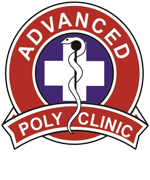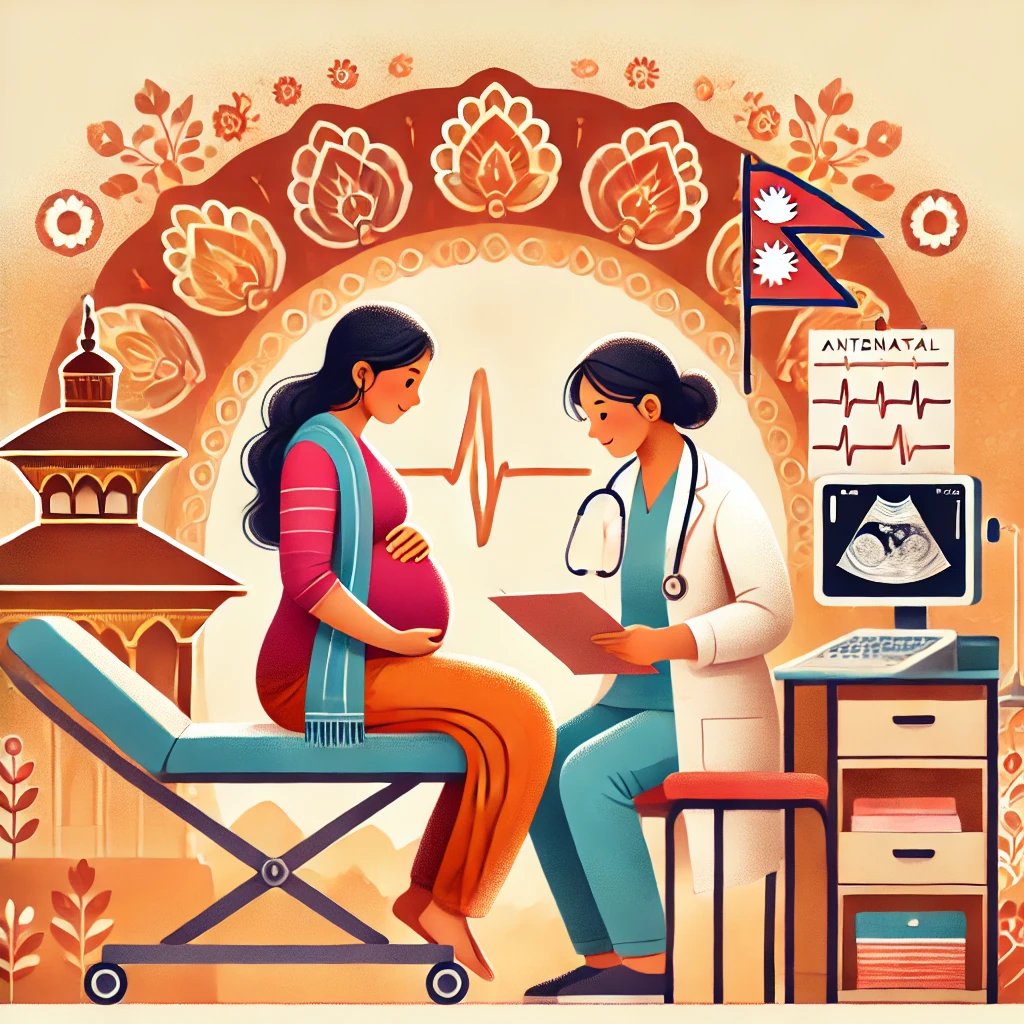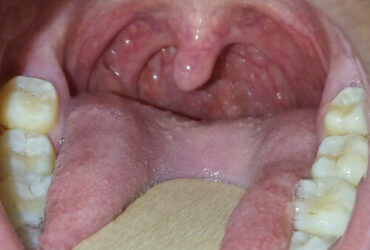Introduction
Pregnancy is a transformative journey that requires proper care, knowledge, and medical support. In Nepal, maternal health services have improved significantly, but challenges still exist, particularly in rural areas. Understanding the essentials of prenatal care, dos and don’ts, and the frequency of antenatal check-ups is crucial for a safe and healthy pregnancy.
Importance of Antenatal Care
Antenatal care (ANC) helps ensure both the mother and baby remain healthy throughout pregnancy. Regular check-ups allow early detection of complications and provide necessary guidance for a smooth delivery.
Frequency of Antenatal Check-Ups
The World Health Organization (WHO) and Nepal’s Ministry of Health recommend at least four ANC visits during pregnancy:
- First Visit – Within the first 12 weeks of pregnancy
- Second Visit – Around 20 weeks
- Third Visit – Around 28 weeks
- Fourth Visit – Around 36 weeks
However, more frequent visits may be required for high-risk pregnancies or if complications arise.
Dos During Pregnancy
Following a healthy lifestyle is key to ensuring a smooth pregnancy. Some important dos include:
- Eat a Nutritious Diet – Include fruits, vegetables, whole grains, and protein-rich foods. Iron, calcium, and folic acid supplements are essential.
- Stay Hydrated – Drink plenty of water to maintain amniotic fluid levels and prevent dehydration.
- Exercise Regularly – Light exercises such as walking and prenatal yoga help improve circulation and reduce discomfort.
- Get Enough Rest – Sleep for at least 7-9 hours and take naps when needed.
- Practice Good Hygiene – Maintain personal hygiene to prevent infections.
- Attend All ANC Visits – Follow up with doctors and get necessary vaccinations such as tetanus toxoid (TT) shots.
- Plan for Delivery – Choose a healthcare facility with proper maternal services for a safe birth.
Don’ts During Pregnancy
Avoiding harmful habits and activities is just as important:
- Avoid Smoking and Alcohol – These increase the risk of birth defects, low birth weight, and preterm labor.
- Limit Caffeine Intake – Excessive caffeine consumption may lead to complications.
- Avoid Heavy Lifting – Lifting heavy objects can strain the back and increase the risk of complications.
- Do Not Take Unprescribed Medications – Always consult a doctor before taking any medicine, including herbal remedies.
- Reduce Stress – High stress levels can negatively impact both mother and baby.
- Avoid Contaminated or Street Food – To prevent infections such as food poisoning and waterborne diseases.
Common Pregnancy Symptoms and When to Seek Help
Pregnant women may experience symptoms such as nausea, fatigue, swelling, and mood changes. However, immediate medical attention is required if any of the following occur:
- Severe abdominal pain or bleeding
- Persistent vomiting and dehydration
- High fever or chills
- Reduced fetal movements
- Severe headaches or vision changes
- Swelling in hands, feet, or face (sign of preeclampsia)
Maternal Health Services in Nepal
Nepal has made significant progress in maternal healthcare, with various government and private hospitals offering antenatal care, safe delivery, and postnatal care. However, rural areas still face challenges in accessibility. Programs such as Safe Motherhood initiatives and skilled birth attendant (SBA) training aim to improve maternal health outcomes.
Conclusion
Proper care, awareness, and medical supervision during pregnancy can significantly reduce risks for both mother and baby. Regular antenatal check-ups, a healthy lifestyle, and avoiding harmful habits are essential for a safe pregnancy. If you are expecting or planning a pregnancy, consult a healthcare professional for personalized guidance and care.
For expert consultation and antenatal services, visit our clinic or book an appointment today!
📞 01-4531078 or 01-4543386






